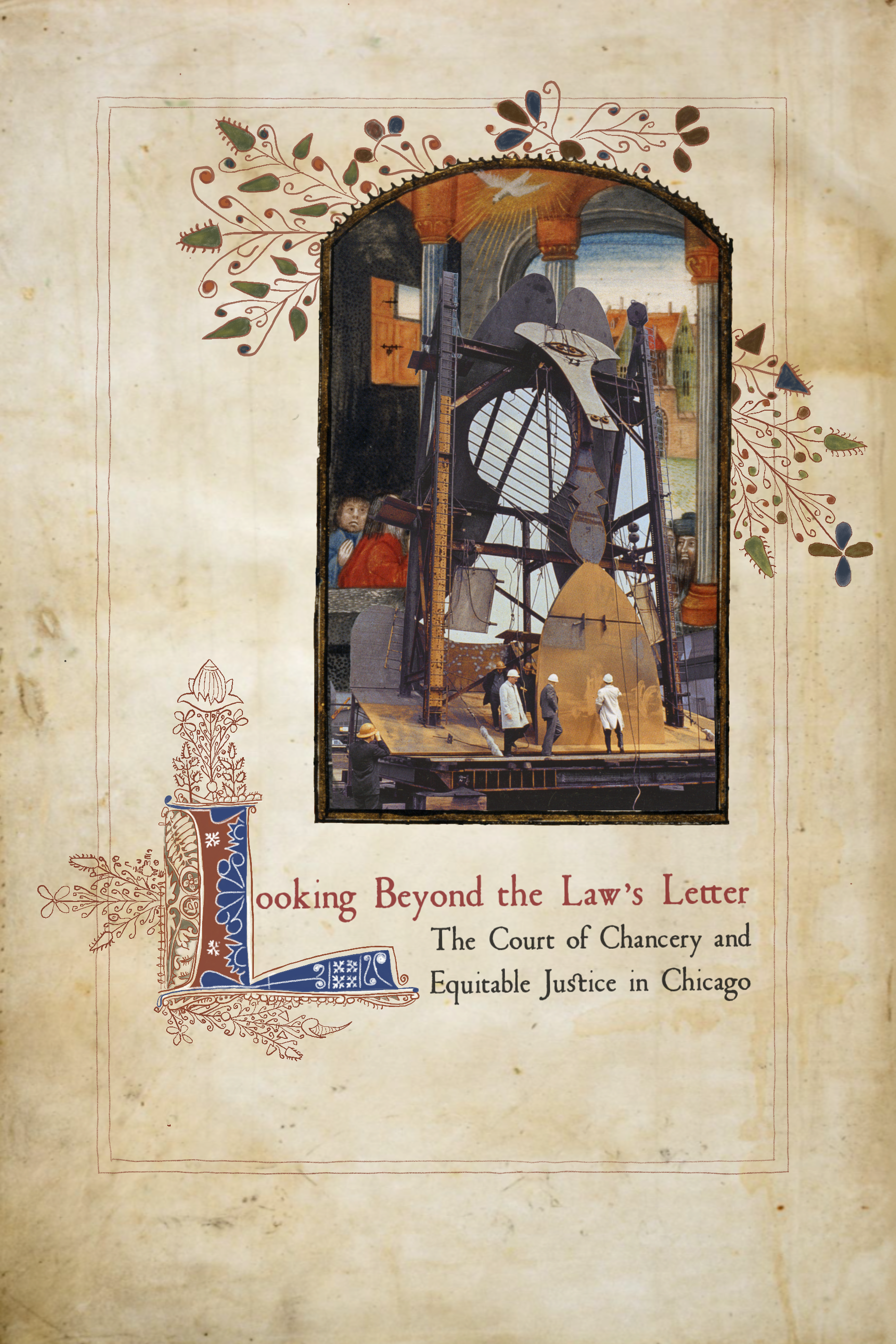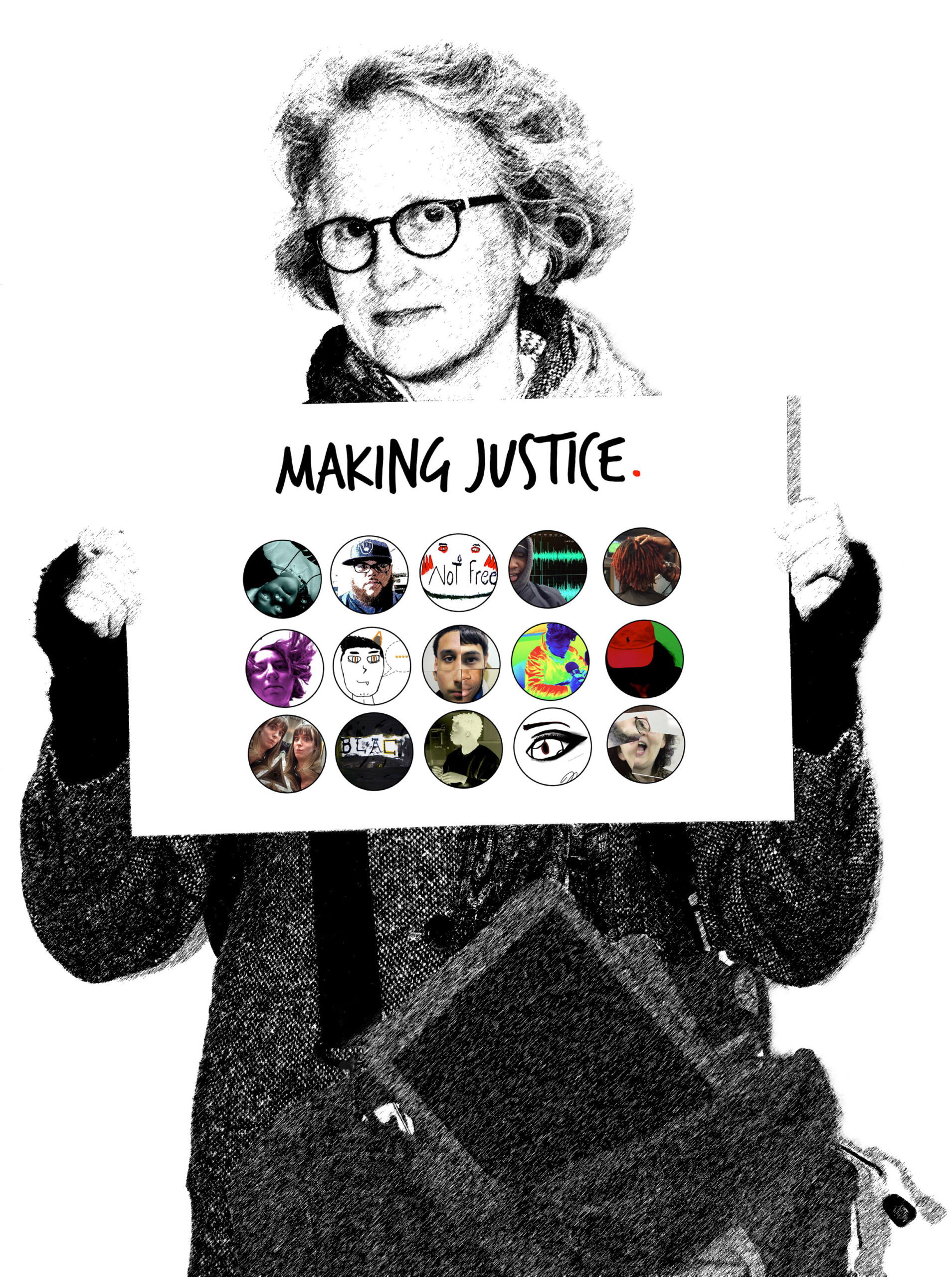
Conservation launched me down a path of interdisciplinary learning and making. At the University of London’s Courtauld Institute, where I completed my graduate conservation degree, I studied with an international consortium of art historians, scientists, and museum specialists who practiced collaborative problem solving. I also hold a University of Chicago History PhD.
I have stabilized Egyptian and Peruvian mummies at the Field Museum; conserved a sheitel—the wig of a married Jewish woman—for the traveling exhibition Becoming American Women: Clothing and the Jewish Immigrant Experience; restored Paul Poiret’s signature “Sorbet” gown for a Metropolitan Museum of Art retrospective; reinstalled Sheila Hicks’ textile walls at the Mortgage Guarantee Insurance Corporation; and coordinated preservation of the Chicago History Museum’s (CHM) 20-million piece collection of urban art, artifacts and documents. I curated, designed and produced the CHM website Wet with Blood: The Investigation of Mary Todd Lincoln’s Cloak in consultation with bioethicists, forensic scientists, and historians from several institutions. Highlighting a collection of bloodstained artifacts associated with Abraham Lincoln’s assassination, the project drew on the devotional interest in the president and DNA analysis to prompt questions about bioethics, the creation of public icons, the authenticity of historical artifacts, and the limitations of scientific research.
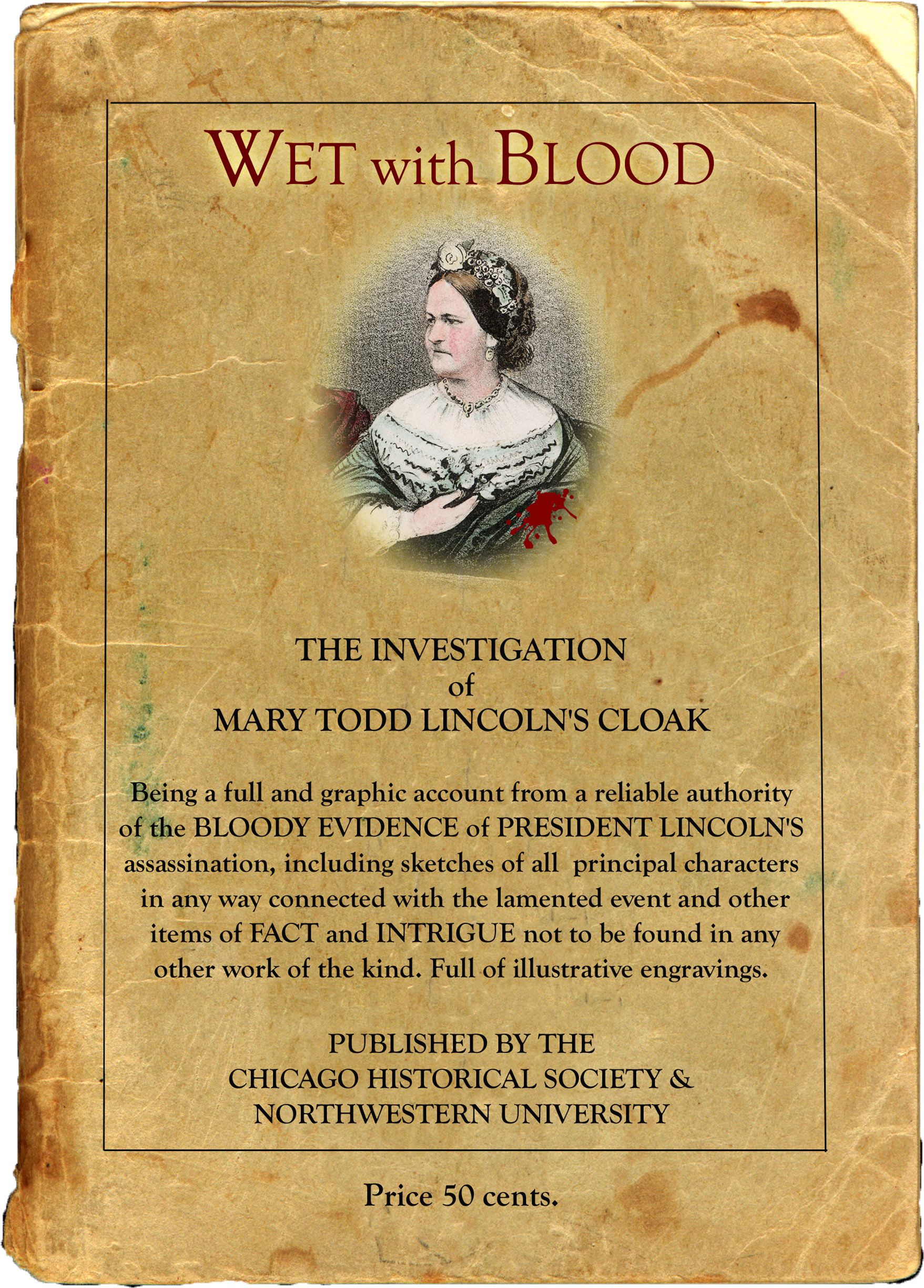
My historical research grew from a CHM Neighborhoods: Keepers of Culture initiative, beginning with oral histories of Chicago’s early black public housing residents and a semi-fictional sequel to Upton Sinclair’s The Jungle, documenting a black stockyard worker’s family and unionization initiatives. Both projects led to Chicago’s distinctive courts of equity, juryless tribunals that can set aside the law’s letter and rule according to the dictates of conscience and alternative legal traditions. A metropolitan heritage—religious, colonial, and urban—equitable courts have played a key role in administering those with peculiar legal capacities: women, children, former slaves, territorial residents, industrial servants, paupers, prostitutes and religionists, as well as cities and other corporate bodies. I am currently remediating my first book project Looking Beyond the Law’s Letter as a graphic history that explores equity’s metropolitan implications, nesting local and global statecraft.
As an educator, I emphasize diverse source materials, digital literacy, and service learning. My students “read” material, visual, oral, performative, and legal evidence in academic, museum and courthouse classrooms. My courses at the University of Chicago and University of Wisconsin-Madison have included Spirituality and Statecraft in the Americas, team-taught with a Latin American historian; Clues, tracing the spiritual, scientific and popular beliefs that inform criminal evidentiary practices; Legal Pluralism, investigating the global diversity of legal cultures; and Looking Beyond the Law’s Letter, offered in partnership with a juvenile court program and organizations ameliorating the justice system’s impact.
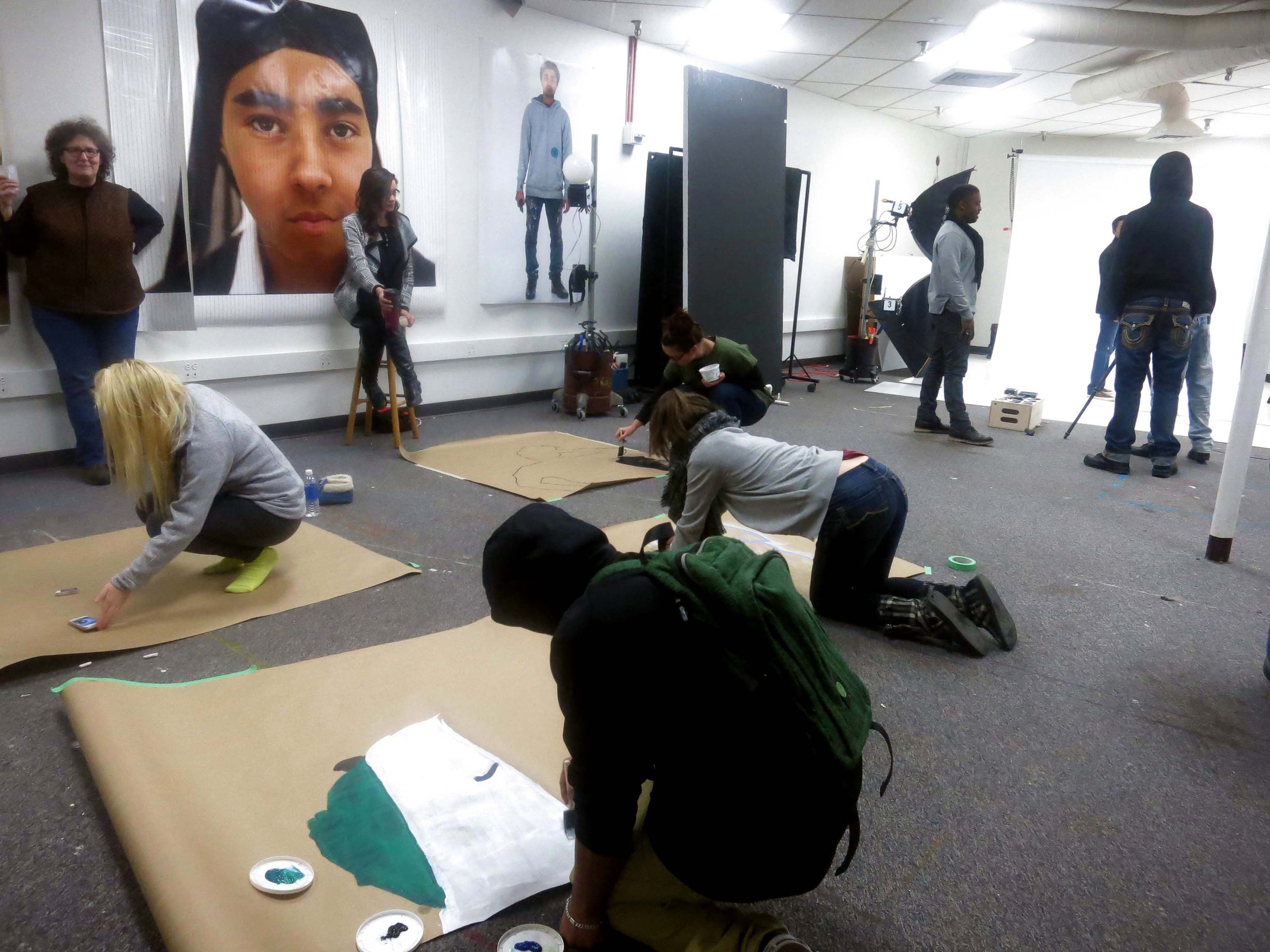
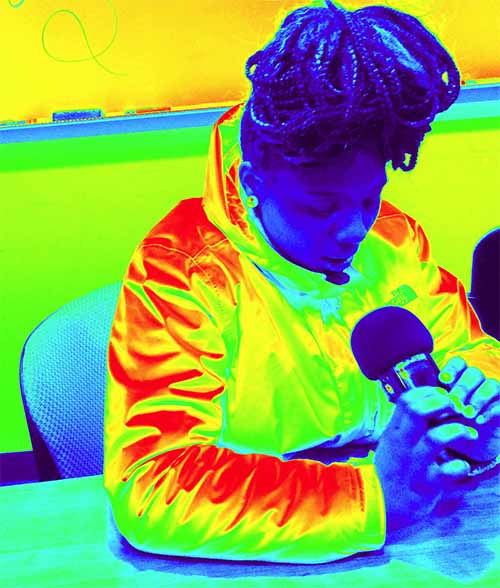
I co-founded Making Justice in collaboration with Madison Public Library (MPL), the University of Wisconsin-Madison iSchool, and over 50 campus and community partners. Making Justice is a makerspace initiative that builds community in Dane County, Wisconsin, home to one of the nation’s widest black/white educational achievement gaps and highest per capita black juvenile arrest and incarceration rates. A diverse collective of artists, activists, and educators—including teen and college students—address community-wide learning gaps that disproportionately impact minority youth, collaboratively developing written, audio, visual, and performance projects, as well as life skills. The initiative has included weekly MPL workshops for at-risk and court-involved teens, artist-in-residence opportunities, a summer Media Academy and a Teen Bubbler website showcasing youth voices; UW-Madison community-based learning courses; Institute of Museum Services applied research to enhance program design and evaluation; and public exhibitions at multiple Madison venues. Making Justice has served as a local and national model for community-based educational enrichment, informing program redesign at Madison Public Library, a Madison Metropolitan School District makerspace program, and a Google Making Spaces initiative.
